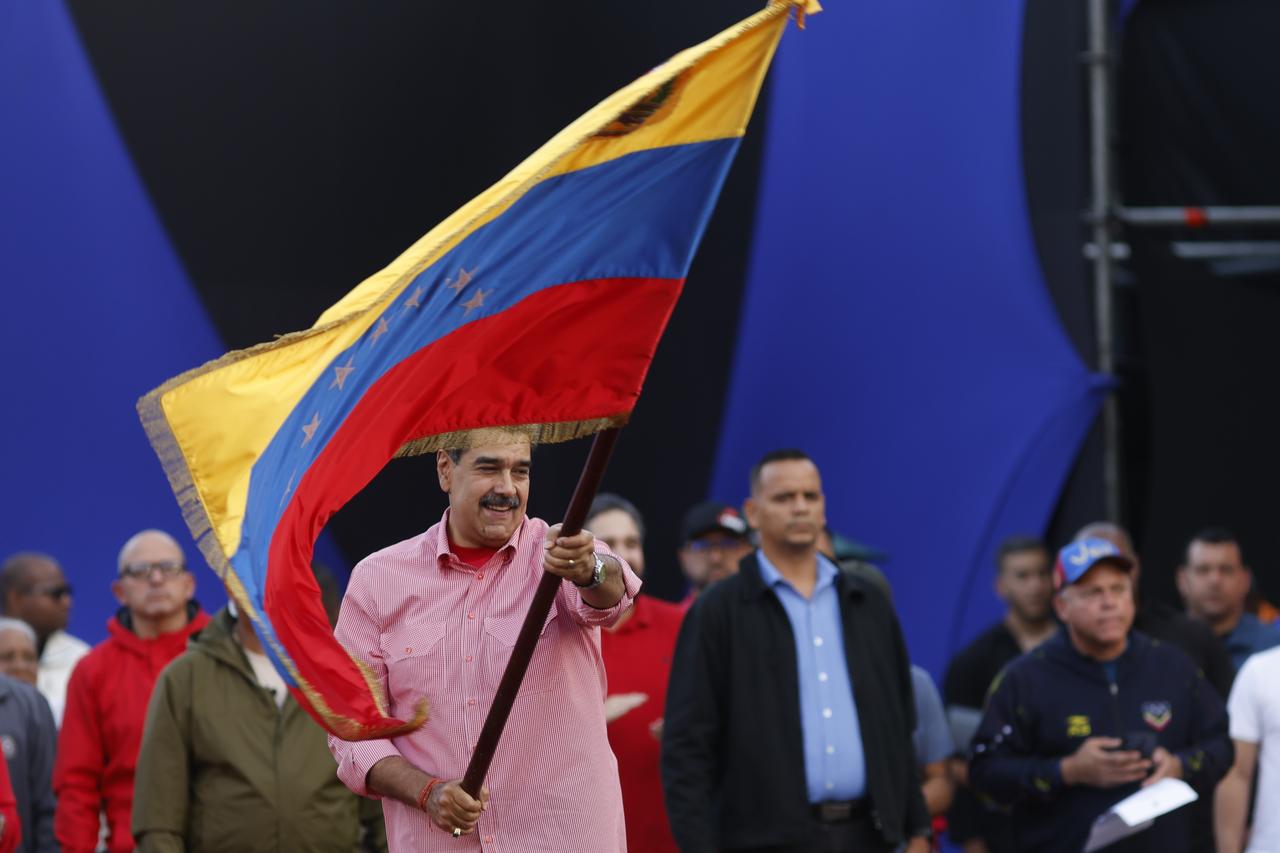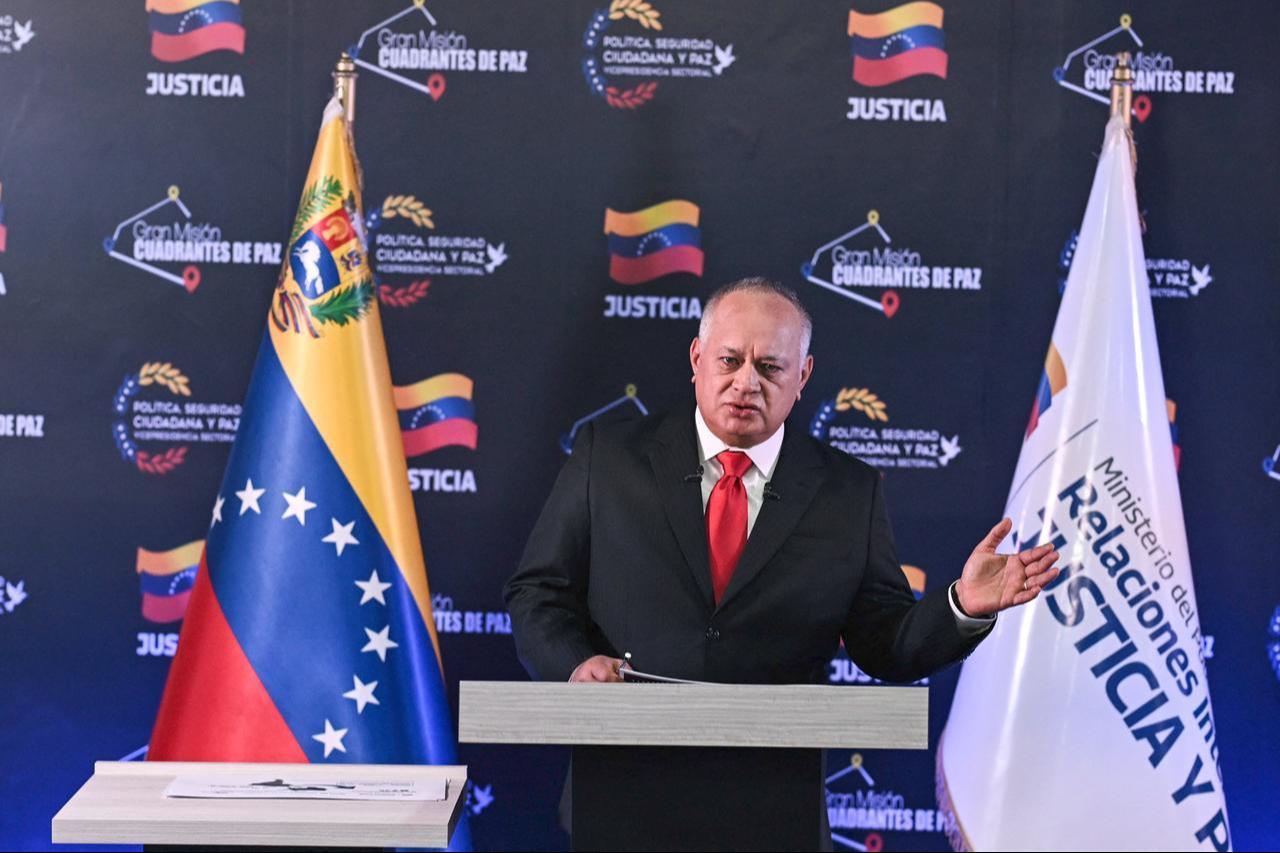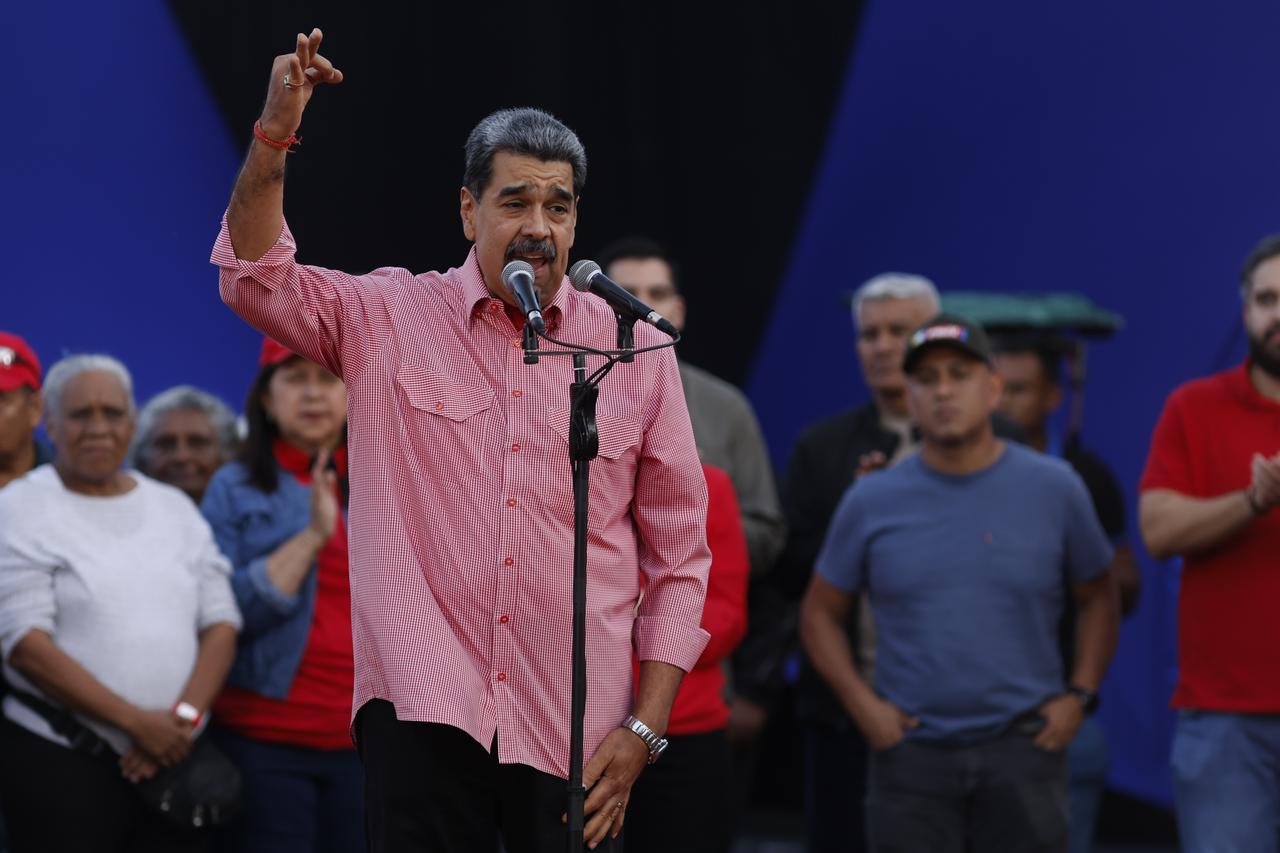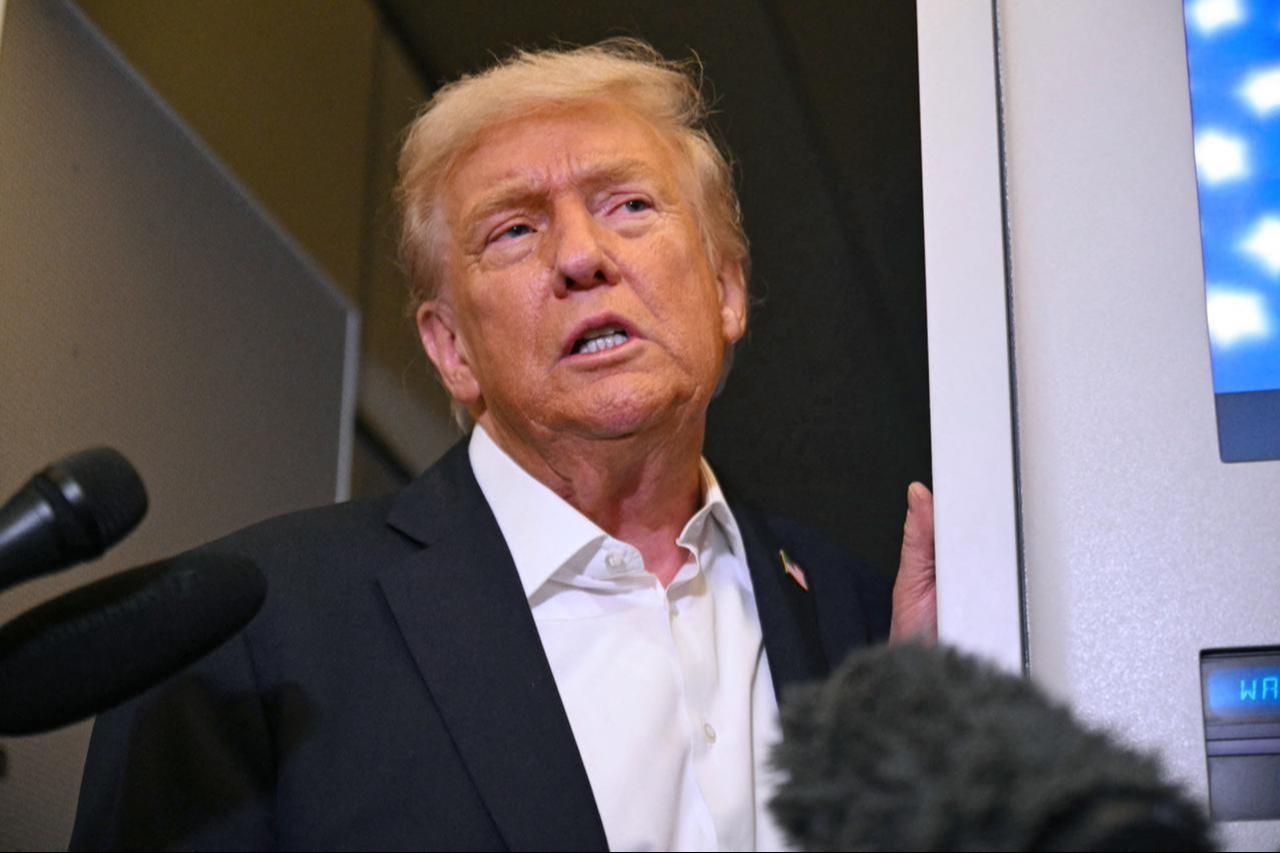
U.S. President Donald Trump said Monday he is willing to speak with Venezuelan President Nicolás Maduro and would not rule out sending American troops into Venezuela, as a significant U.S. military buildup in the Caribbean heightens regional tensions.
Trump told reporters in the Oval Office that he would “at a certain period of time” talk to Maduro, while stressing that the Venezuelan leader “has not been good to the United States.”
Asked whether he would rule out U.S. forces on Venezuelan soil, Trump replied, “No, I don’t rule out that; I don’t rule out anything. We just have to take care of Venezuela.”
Hours later, Maduro said on his weekly television program that he was ready to speak “face to face” with any U.S. representative willing to talk.
The U.S. has increased forces in the Caribbean in recent months to target what it calls drug trafficking networks across Latin America.

The deployment includes an aircraft carrier group, warships, stealth jets, and Special Operations units. The USS Gerald R. Ford’s arrival added more than 4,000 U.S. troops.
The State Department has accused Maduro of leading a “terrorist” drug cartel, known as the Cartel de los Soles, and plans to formally designate it a foreign terrorist organization.
Venezuela responded last week with a large-scale military mobilization as U.S. forces expanded operations near its coastline.
A contingent of U.S. Marines is conducting military exercises in Trinidad and Tobago, the second such activity in less than a month.

But the country’s prime minister, Kamla Persad-Bissessar, denied that the U.S. had asked to use its territory for operations against Venezuela.
“Trinidad and Tobago will not participate in any act that could harm the Venezuelan people,” she said, urging Washington and Caracas to resolve differences through dialogue.
Since September, U.S. forces have killed at least 83 people in airstrikes on boats accused of carrying drugs, according to publicly released figures. The U.S. has not provided details to confirm that those targeted were drug traffickers.
U.S. operations have strained relations with regional governments.
Colombian President Gustavo Petro recently revoked intelligence sharing with the U.S. over the maritime strikes, while the Dominican Republic postponed the Summit of the Americas after Trump withdrew.

Trump said he would be “OK” with U.S. strikes in Mexico to combat drug cartels.
“Whatever we have to do to stop drugs,” he said. “I didn’t say I’m doing it, but I’d be proud to do it.”
The president also said the administration had briefed members of Congress on Venezuela, though he added, “I don’t have to get their approval.”
Senior American officials, including Vice President JD Vance, Defense Secretary Pete Hegseth, Joint Chiefs Chair Dan Caine, Secretary of State Marco Rubio, and Deputy White House Chief of Staff Stephen Miller, have been discussing options for action in Venezuela, according to reports.
Trump has indicated he has “sort of made up” his mind on how to proceed but gave no timeline.